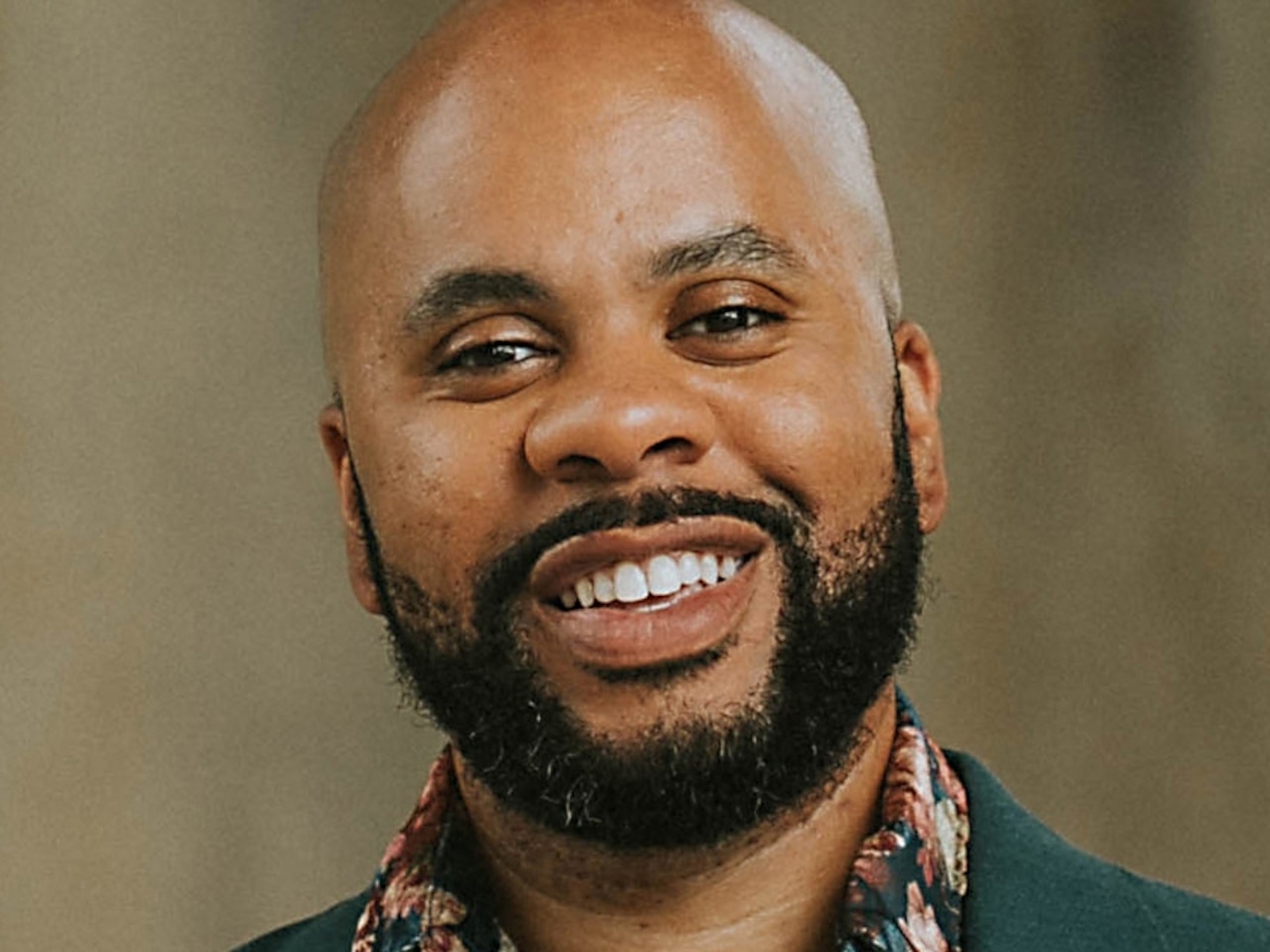,
 Eric Thomas advises a couple to prioritize their own financial well-being before considering monetary gifts for their financially independent son.Canva
Eric Thomas advises a couple to prioritize their own financial well-being before considering monetary gifts for their financially independent son.Canva
Dear Eric: My husband and I have been married for 40 years. He has two adult sons in their 60s,What is unfair and shortsighted is his request that you give him a sum of money large enough to potentially destabilize your lives should your health decline or you need more extensive care as you age. and I have an adult daughter in her 50s. Over the years we have helped one son, who has two children, and my daughter, who has one child, while they were going through divorces with large sums of money in order for them to keep their houses. We have contributed to all three grandkids, with college 529 funds.
The other son has never married, has no children, owns his own condo, and has a good-paying job, and spends all of it on whatever he fancies. He has a longtime girlfriend who supports herself. She stays with him a day or two a week.
He feels that we should “gift” him the same amount of money that we have given the other two children, which would be more than $20,000.
Financially, we could do it, but we are 76 and 87 and are concerned about future health issues or other unanticipated issues that may arise. What should we do?
— Unsure About the Future
Dear Unsure: Your son is trying to treat an emotional quandary as if it’s a ledger that needs balancing. Your generosity to his siblings in times of need has nothing to do with him. But, as siblings are wont to do, it’s not surprising that he’s comparing their lives to his and asking for “fairness.” This isn’t the same as a parent bringing two young children home a tasty treat from a business trip and neglecting a third. And even though it may feel to him like he’s getting the short end of the stick, his feelings are his responsibility. He’s not owed this money. (And it’s not because he can afford to do without it. It’s because it’s not his money. It’s yours!)
What is unfair and shortsighted is his request that you give him a sum of money large enough to potentially destabilize your lives should your health decline or you need more extensive care as you age. This stability needs to be the priority. Tell him that you have concerns about the future and, before he can further decide what you’re going to do with your money, tell him that you’re working with a financial adviser and/or estate planner to provide for yourselves and, eventually, for him. And then do actually seek out the advice of a professional for now, for later, and for after you’re gone.
As you make decisions about your estate, you can share that information with your children, if you want. This may help them to manage their expectations and emotions. You can be transparent about your thought process. But if your son is keeping tabs on what checks you’ve written to his siblings, that’s not a problem you are responsible for fixing.
(Send questions to R. Eric Thomas at eric@askingeric.com or P.O. Box 22474, Philadelphia, PA 19110. Follow him on Instagram and sign up for his weekly newsletter at rericthomas.com.)
©2024 Tribune Content Agency, LLC.
If you purchase a product or register for an account through a link on our site, we may receive compensation. By using this site, you consent to our User Agreement and agree that your clicks, interactions, and personal information may be collected, recorded, and/or stored by us and social media and other third-party partners in accordance with our Privacy Policy.

